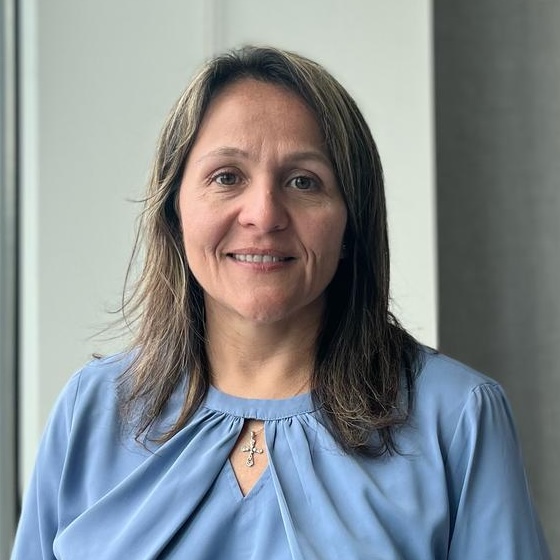Vitamin D deficiency is incredibly widespread in the US, and not just with adults! In fact, about one in 10 children in the US are deficient in vitamin D and as many as 60 percent could have “suboptimal levels” of vitamin D, according to Johns Hopkins Medicine. This is why all pediatricians need to screen children for a vitamin D deficiency, as this can impact bone growth, metabolism, and multiple organs and systems.
The Importance of Vitamin D
Vitamin D is critical for all of us, but especially children. Vitamin D is needed to absorb calcium, as well as for the support and development of a healthy body. Children with severe vitamin D deficiencies may develop muscle weakness, delayed motor development, rickets, and fractures.
Where to Get Vitamin D
Unlike most vitamins, which we can often get through diet alone, vitamin D is acquired through time spent in the sun. You won’t find many foods that naturally contain vitamin D. Unfortunately, if you’re in a place that doesn’t get much sunlight then chances are good your child may not be getting enough vitamin D.
Children get about 80 percent of their vitamin D from sunlight. So if your child doesn’t spend much time outdoors (especially during the winter months) it’s a good idea to talk with your pediatrician about ways to ensure that your child is getting enough vitamin D.
Children with certain health problems such as cystic fibrosis or celiac disease, as well as children who’ve undergone bone surgeries may require more vitamin D. This is something you should discuss with your pediatrician. Children over 1-year-old need at least 600 IU of vitamin D (or more) a day. Ideally, children should get around 1,000 IU of vitamin D per day.
We also know that too much time in the sun can also pose risks for children, especially their skin. During the summer months, children only need a few minutes a day in the sun to get enough vitamin D. During the winter months, kids should get about 2-3 hours per week. Children under 6 months old should never be placed in direct sunlight.
Children with darker skin will also need to spend more time in the sun to produce the same levels of vitamin D as kids with lighter skin. Just sitting inside near windows won’t be enough for your child’s body to produce vitamin D.
Nothing is more important than keeping your child healthy. If your child hasn’t been checked for a vitamin D deficiency, you must talk with your pediatrician to find out if this screening is right for them. Fortunately, if you find out that your child is deficient, it’s an easy fix!









